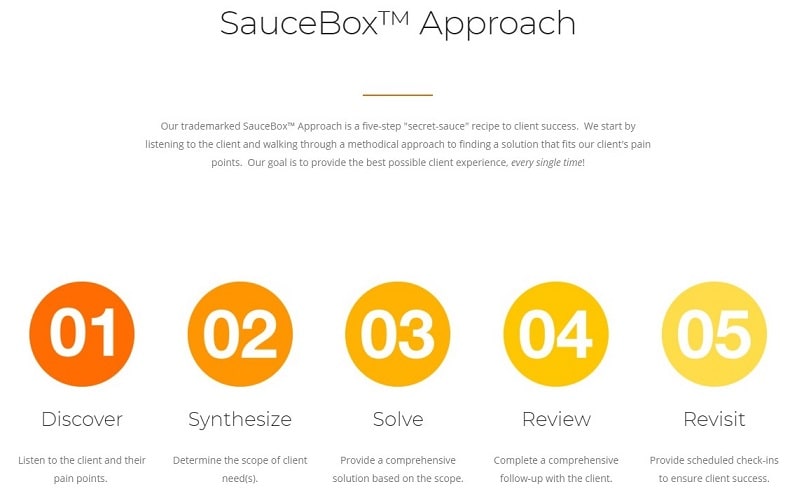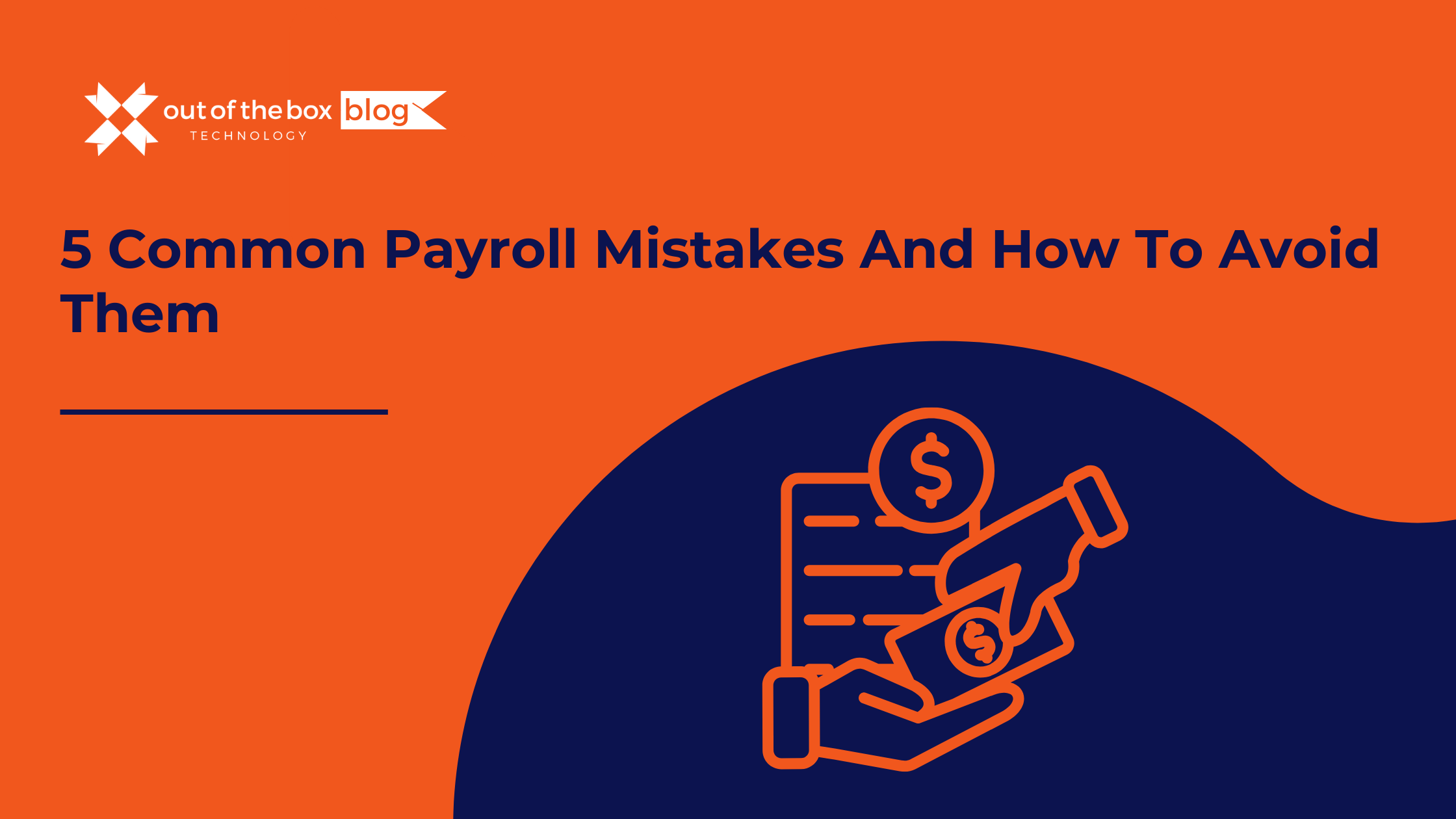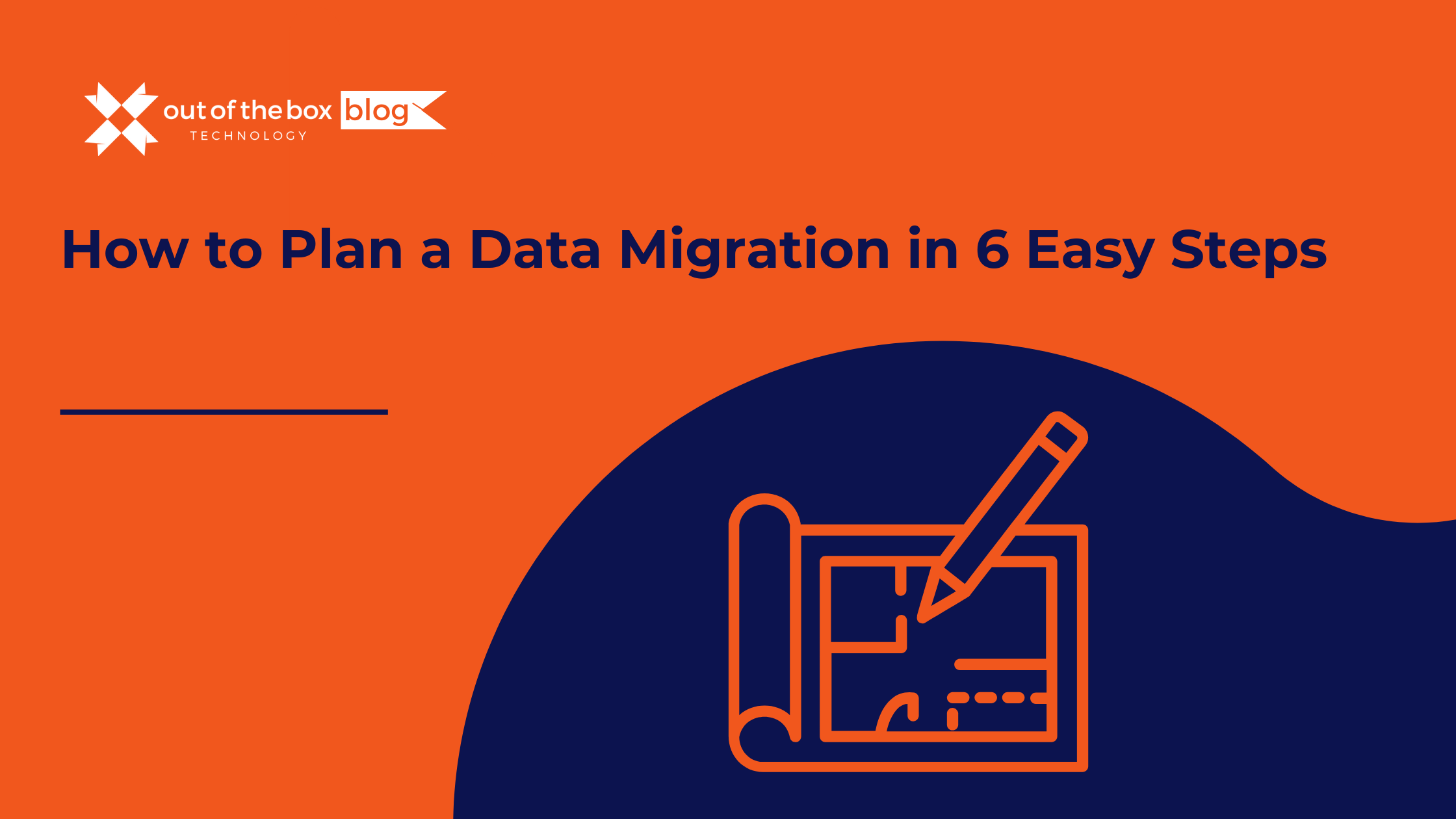The truth is, many business owners do not truly understand the difference between a bookkeeper and a CPA, so we have decided to help!
We have noticed that there seems to be a fair amount of misinformation online about this subject. Because these dissimilar occupations, with different technical skill sets (hired at much different price points), are often misunderstood to be the same occupation, we feel it is our duty to inform our clients.
We also arrived at this decision with the help of small business owners who contacted us looking into outsourcing some (or all) of their accounting needs. Enough of them have asked why we do not offer a “one-stop-shop” service, that includes Certified Public Accountant (CPA) work.
While a “one-stop-shop” service may be convenient for the client, it typically falls short in the areas of economic efficiency and performance optimization. For those reasons, we recommend the separation of Bookkeeping and CPA work between different organizations and/or contractors, and wre going to share our reasoning with you in this article.
Learn More About Our Bookkeeping Services Today
Get what you need done by the right highly-specialized expert to maximize your benefit!
Our Accounting Services range widely from:
| · Accounts payable | · Accounts receivable | · Data review |
| · Financial reporting | · Ongoing bookkeeping | · Payroll accounting |
| · Project accounting | · Recurring Accounting | · Tax prep |
Whas the Difference Between a Bookkeeper and a CPA?
As previously mentioned, there is definitely a difference between a bookkeeper and a CPA. Not only is there a difference in the set of skills demanded of professionals in these occupations, but also on how deep in your pocket you’re going to dig in order to pay for them. First, you can expect to learn what a bookkeeper is and what the scope of their accounting services is. Next, you will learn what a CPA is and what their scope of accounting services is. Lastly, all of your learnings will be tied together to learn why you need both, and to form the basis of our recommendation:
“the separation of Bookkeeping and CPA work between different organizations and/or contractors to ensure optimum economic efficiency and performance.”
The Difference Between a Bookkeeper and a CPA – What is a Bookkeeper?
A bookkeeper (also known as a bookkeeping clerk) is an accounting professional who is responsible for recording journal entries into some (or all) of a business’s accounts. Legally, a bookkeeper may not offer any tax, financial reporting, or advisory services. Bookkeepers do not possess any licensure from the the Association of International Certified Professional Accountants (AICPA). However, there is a certification that can be obtained from the American Institute of Professional Bookkeepers (AIPB). Bookkeepers are generally responsible for performing accounting tasks such as;
- Maintaining financial records of transactions through establishing accounts, posting transactions, and ensuring legal compliance with requirements.
- Developing a systemized method to account for financial transactions through establishing a chart of accounts, and defining bookkeeping policies and standard operating procedures (SOPs).
- Maintaining subsidiary accounts through verification, allocation, and posting of transactions.
- Balancing the subsidiary accounts through routine reconciliation entries.
- Maintaining a general ledger (GL) via the transfer of subsidiary account summaries.
- Balancing general ledger (GL) via trial balance preparation and reconciliation of all entries.
- Maintaining all historical records via the filing of all documents.
- Preparing financial reports through the collection, analysis, and summarization of all relevant account information and trends.
- Complies with all federal, state, and local legal requirements via current requirements study, adherence to enforcement of said requirements; filing reports, and advising management on required actions.
So, as you can see from the sample job description above, while a bookkeeper will know and understand certain regulations relevant to their work, they will not be as knowledgeable about taxation and legal regulations as a CPA. However, a bookkeeper is well-prepared to handle many tasks within an organizatios books. And, bookkeepers often outperform CPs in bookwork, especially when it comes to cleanup work and tax pre-preparation, which is a set of tasks which must be completed to organize tax preparation for CPAs to perform. Without the proper pre-preparation steps being completed effectively, it can significantly limit the CPA’s performance in tax preparation, and may cause the CPA to have to go back and change things at their billing rate, which will be significantly higher.
Average Cost of a Bookkeeper
The average cost of a bookkeeper is traditionally less than the hourly rate of a CPA. While a CPA may have the skillset to perform bookkeeping, often their hourly rates make it cost prohibitive.
The Difference Between a Bookkeeper and a CPA – What is a CPA?
A Certified Public Accountant (CPA) is a licensed accounting professional who is responsible for a much wider breadth of tasks, often much more complex in nature. CPAs are often viewed as highly-specialized technical experts in accounting, tax and assurance services, unlike their bookkeeping counterparts. Legally, a CPA may offer tax, financial reporting, and/or advisory services. CPAs possess licensure from the the Association of International Certified Professional Accountants (AICPA). This licensure is significant due to the stringent requirements one must satisfy to obtain it. CPAs must acquire 150 hours of documented, approved accounting education (approved education and additional requirements vary by state, yet most states require a Bachelor’s degree in Accounting or related field), pass a rigorous four-part examination, and attain annual Continuing Professional Education (CPE) credits (minimum hours vary by state). To provide more insight into a CPA’s responsibilities, see the sample job description below:
- Analyzing and examining financial records to prepare tax returns, create budget reports, and conduct audits, while ensuring that all financial records comply with federal, state, and local laws and regulations.
- Preparing and calculating tax returns, including minimizing and ensuring accuracy in total taxes owed, filing appropriate forms to claim deductions, and ensuring clients make full, on-time payments.
- Preparing financial documents such as tax returns, budget reports, and financial statements, and creating quarterly earnings reports for businesses and accounting records to track expenses and profits, while ensuring that financial documents follow reporting and procedural standards.
- Advising clients on financial decisions through financial document analyses, as well as short- and long-term financial goal planning.
- Managing financial information for clients, including reviewing accounts to identify discrepancies, while providing tax management services to corporations and individuals.
A CPA’s list of responsibilities may seem much shorter than that of their bookkeeping counterparts, but it definitely encompasses a lot more technical and strategic know-how. A lot of this know-how serves tax preparation well, but not the pre-preparation work that must be done effectively to maximize your benefit.
Average Cost of a Certified Public Accountant (CPA)
The average cost of a Certified Public Accountant (CPA) is $150 – $250 per hour. In major metropolitan areas, highly-specialized CPAs can charge up to $500 per hour, on average.
Why Is Best to Separate Duties
As mentioned in the beginning of this article, the main reason for separating duties and ensuring the right professional is performing the right services boils down to economic efficiency and performance optimization. Let’s get right down to brass tacks.
Economic Efficiency
Economic efficiency is reducing unnecessary expenditures while maximizing quality of production. In this case, for outsourcing, it means hiring the right organizations and/or contractors for the job. Economic efficiency in hiring the right organizations and/or contractors means finding the best solution offering at the most reasonable price point for your business. Many companies desire the one-stop-shop approach to tax preparation and filing for the sake of convenience. Most of the time it is the CPA that does all the work, and that work is being done at the CPA’s billing rate. Also, believe it or not, the CPA is not the best choice for every step of the process. Hiring a bookkeeper AND a CPA allows for the most qualified professionals to focus on their specific parts of the tax preparation and filing process. We specifically recommend “the separation of Bookkeeping and CPA work” because the majority of the tax pre-preparation process (working in the books) is best tackled by a bookkeeper – one that is specialized and laser-focused in bookwork. Once the pre-preparation is complete, it is our recommendation to then hand over the remaining work to a CPA for tax preparation.
Performance Optimization
Performance optimization in this case means minimizing tax burden, maximizing tax return, and doing so with integrity and full transparency. Since the majority of the tax preparation process (what we call pre-preparation) is best suited for a bookkeeper, at a much smaller price point, you will avoid overpaying for an overqualified accounting professional. Additionally, you will have a specialist in this area of accounting tending to your books, which optimizes quality the quality of production. Then, once the pre-preparation is complete, the CPA can complete the rest at their much higher price point, so you can ensure compliance with federal, state, and local laws while maximizing your overall production quality.
At this point you may be wondering, “but why do you recommend the separation of Bookkeeping and CPA work between different organizations and/or contractors?” This is where integrity and full transparency come into play. By breaking the pre-preparation process and the preparation process in two, you can better manage the tax preparation process. We recommend requesting a quick overview of what was done with reasoning so you can see what’s being done in both phases of the process. More importantly, when two independent organizations and or contractors are performing the separate phases of the process, it adds a checks and balances system that does not exist in one-stop-shop environments where one person, or multiple people within the same organization, perform the entire tax preparation service. When one individual, or multiple people within the same organization, perform the entire tax preparation service, there is a greater risk of integrity breakdown and the client can become victimized. When there is a separation of Bookkeeping and CPA work between different organizations and/or contractors, then it significantly lowers the risk of integrity breakdown. This system of checks and balances put into place by the method in which you outsource your tax preparation and filings holds each organization and/or contractor accountable to you and one another.
About Us
Out of the Box Technology is an Elite QuickBooks Solution Provider (QSP). We provide our clients with QuickBooks products and end-to-end Business services and Data services through our talented team of in-house ProAdvisor Advanced Consultants, possessing over 500 years of combined QuickBooks experience. Armed with our “SauceBox ApproachTM,” Out of the Box Technology’s Advanced Consultants live up to our motto, “Anything + Everything QuickBooks.” Contact us and let us show you the best possible client experience, every single time! And dot forget to check out our Company Blog for Free Resources, valuable How-Ts, and TONS of frequently added QuickBooks content!

What is Our SauceBox™ Approach?
Our SauceBox ApproachTM is the internal process that we developed specifically to better serve our clients. This is essentially a five-step secret-sauce recipe to client success. We start by listening to the client and walking through a methodical approach to finding a solution that fits the cliens pain points. Our goal is to provide the best possible client experience, every single time!





